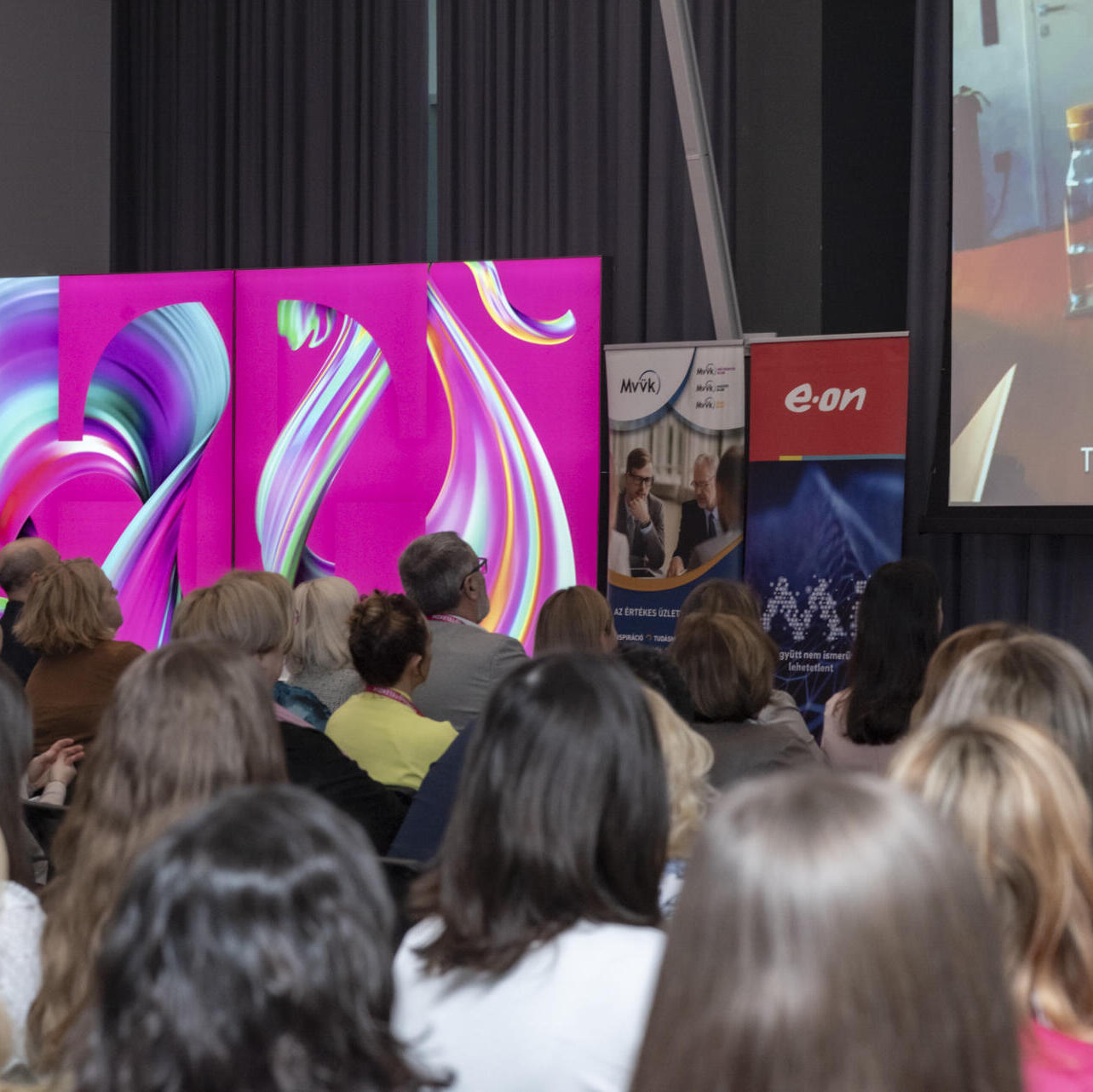Even though female entrepreneurs appear to be on the rise and delivering significant economic advantages, investors continue to prefer to invest in men, despite studies and surveys indicating that female entrepreneurs’ firms grow better than male entrepreneurs’ enterprises. They also continue to confront strong stereotypes and biases, which puts them at a disadvantage when starting and developing businesses. Investing more in women-led enterprises, on the other hand, would benefit not only investors but also the economy.
The heart of economic progress is entrepreneurship and women are now a rising economic force. They are also a human resource with the potential to address global financial difficulties. According to the American Express 2017 State of Women-Owned Businesses Report, female entrepreneurship has increased in the United States over the previous two decades, with 39% of firms owned, run, and controlled by one or more women. Furthermore, an estimated 11.6 million female-owned enterprises exist, resulting in over nine million employment vacancies and more than $1.7 trillion (about $5,200 per person in the US) in income. The Mastercard Index of Women’s Entrepreneurship (MIWE) report in 2019 identifies the following countries with the highest rates of women business ownership: United States (35.1%) in North America, New Zealand (31.8%) in the Asia Pacific, Uganda (38.2%) and Ghana (37.9%) in Africa, and Portugal (30.2%), Spain (29.9%) and Hungary (28.4%) in Europe. According to the report, the high representation of female business owners in these European markets appear to be positively correlated to high women business leaders, high women tertiary education enrolment rate, fairly strong women labor force participation rate, as well as good quality of governance, ease of doing business and entrepreneurial supporting factors.
As we can see, statistics continue to demonstrate that women are performing well and, if given a chance, they can even outperform men. However, investors do not appear to invest in women-led firms, resulting in a gender investment gap. Venture capitalists (VC) fund a substantial share of technology startups. According to a study done between 2011 and 2013, female CEOs raised just 3% of venture capital investment, and teams composed exclusively of men were four times more likely to receive VC funding than those with even one woman on their executive team. This might be because 93% of venture capitalists are men. According to a study published by Boston Consulting Group in 2018, while female entrepreneurs are supported by investors at only half the rate of their male counterparts, women-led startups generate more than twice as much revenue per dollar invested as businesses created by men. To back this up, female-owned firms earned 78 cents for every dollar of funding, whereas male-founded businesses created less than half of that, only 31 cents. Women-owned firms also outperform their male counterparts over time, producing 10% greater revenue over five years. In the book “Invisible Women”, Debbie Wosskow, a British businesswoman and co-founder of Allbright, which helps female entrepreneurs, notes: „It’s time for more women to get their hands on checkbooks and for men to recognize that supporting women is a good investment.” More women CEOs and founders are deciding to become investors and specifically support women. For example, Elaine Kunda, CEO of two companies decided to become an angel investor because she understood exactly why it is difficult for women entrepreneurs to raise money. She would see great pitch decks from women who were “competent and capable”, but their businesses never seemed to get funded. Thus, she launched Disruption Ventures in Toronto, a fund that would invest $500,000 to $1 million in a dozen female entrepreneurs. A World Bank research indicates that the increase in women’s labor market participation and income in Latin America and the Caribbean led to a 30% decrease in extreme poverty between 2000 and 2010.
These studies indicate that women are achieving entrepreneurial success and that women-owned businesses are superior assets for financial investors. Despite this, women entrepreneurs encounter a variety of other challenges. According to a UN Women analysis, even while more women are beginning businesses globally, they still manage fewer enterprises than males. On top of that, in 2018 there were over 104 economies that have had laws preventing women from working in specific jobs. A study conducted by Babson College and Bank of America suggests that female entrepreneurs continue to encounter hurdles such as market misperception, which means that women are undervalued when it comes to their competence and business expertise. For example, a Swedish study found that when venture capitalists discuss the potential of young entrepreneurs, men are viewed as „promising” while women are deemed “inexperienced”. Besides that, women are marginalized and removed from social and professional networks, resulting in a lack of mentors and financing. Young women find it much tougher to find mentors and resources in male-dominated industries like tech and they confront difficulties developing their firms while being underfunded, making hiring and access to new markets challenging. Women’s start-up product ideas are often related to the lives of women and mothers and it is clear that men investors do not understand those markets, so they prefer to stay away. These are just some of the issues that women encounter when setting up businesses.
Women should be supported and provided with the resources necessary to start successful businesses. Young female entrepreneurs are the future as they have proven to be giving better life opportunities to their children, too. We must educate them with fundamental skills to navigate the entrepreneurial scene and we must educate investors and banks to understand and trust them. It all starts with ensuring that young women are taught business skills at an early age and are given encouragement and great role models. Women who have overcome challenges to reach the top and establish successful businesses may have a few pointers to offer the future generation of female entrepreneurs. Women should unite, and those successful female entrepreneurs should tutor young women.
Introducing the lead article’s contributor
Katherine Wairimu Gikonyo is a student at International Business School (IBS) where she is studying Business Management in Marketing. She is a volunteer for the Equaliser foundation as she is an advocate of gender equality. Her previous professional experiences have been in International Hospitality Management in various hotels in Switzerland. Her primary interest is in marketing, branding, and entrepreneurship. She is passionate to help foundations and organizations such as the Red Cross that give back to those in need. She is creative, funny, and ambitious. She can be reached on LinkedIn.





